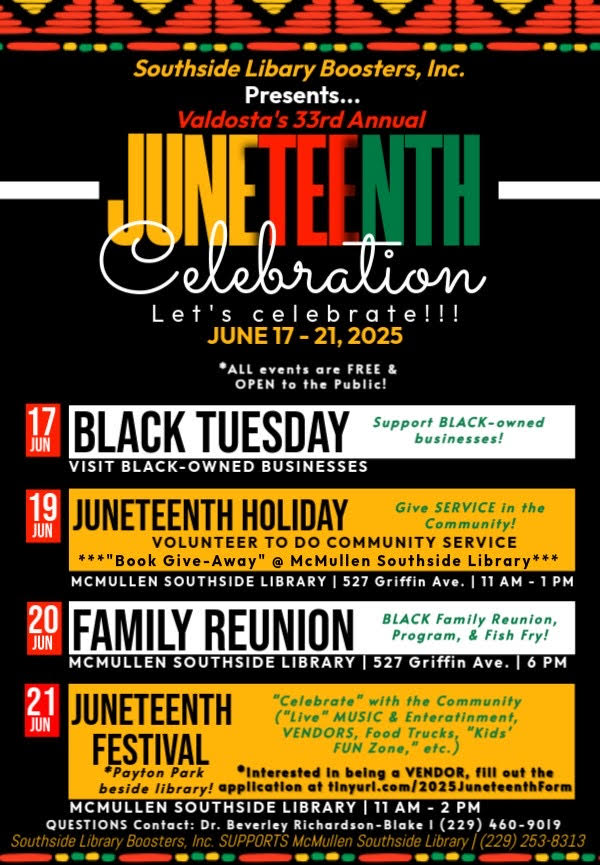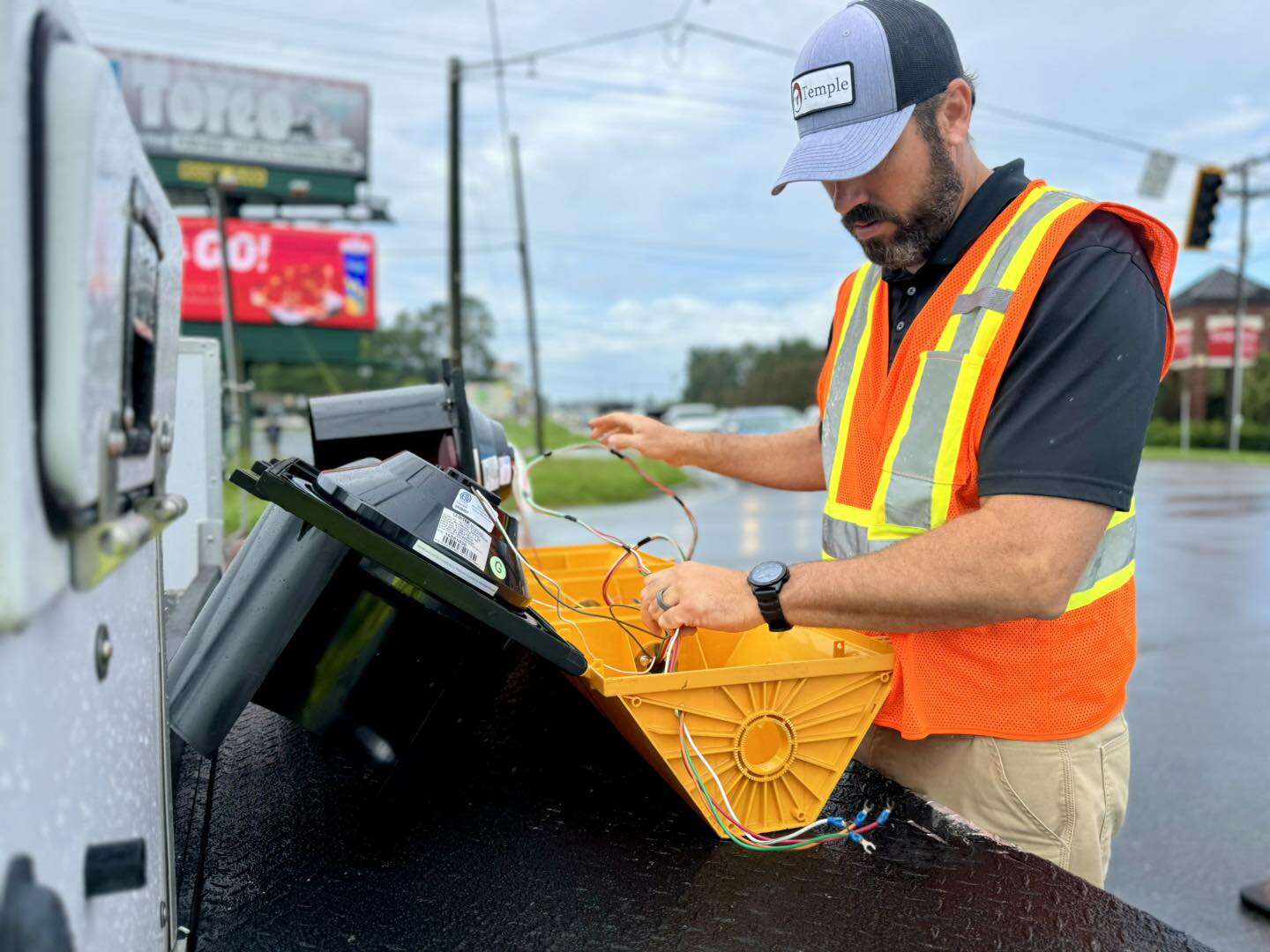Dalton says Whitfield County not following the law with service delivery agreement
Published 1:03 pm Friday, October 11, 2019
DALTON, Ga. — Dalton City Administrator Jason Parker on Thursday said in an email to Whitfield County Administrator Mark Gibson that the county “has not acted in good faith and, thus far, does not follow the law in negotiating the service delivery strategy.”
The email mentioned several provisions of state law that Parker claims the county is not observing.
The City Council had invited members of the Whitfield County Board of Commissioners to mediation on the service delivery agreement this coming Thursday. But commissioners had requested information on what parts of the agreement the city wants to renegotiate and an explanation of how city officials reached a conclusion that city property owners are overtaxed by 5 p.m. on Wednesday. When they did not receive that information by that time, they said they will not attend the mediation.
Mayor Dennis Mock sent a letter to Commission Chairman Lynn Laughter and the other commissioners on Thursday, noting that the city had sent information to the county Thursday morning, and asking if the commissioners are willing to attend the mediation. Mock said if the city does not hear any response from the commissioners by noon today it will assume the county is not attending. Mock said the invitation is still open to the county and the cities of Cohutta, Tunnel Hill and Varnell “to meet in mediation” on Thursday.
“Regardless, the City of Dalton will be meeting with Justice Fletcher for the purpose of mediation,” the letter said.
Laughter said Thursday afternoon she is conferring with County Attorney Robert Smalley and with other commissioners to determine what their answer will be.
According to a timeline included in Parker’s email to Gibson, the sides have not met to discuss the service delivery agreement since September 2018.
Parker’s email provided a list of the specific parts of the service delivery agreement the city wants to discuss. That list includes more than three dozen services ranging from animal control to building inspection and permits to inmate housing to solid waste disposal. It also includes data indicating that Dalton property owners generate 45.6% of county property tax revenue and that city residents account for 32% of total county residents, and that based on those numbers city residents pay an excess of $3.7 million in taxes a year.
“Oh, my gosh. They have everything in there but the kitchen sink,” said Laughter. “There is no way the county could be prepared to mediate all of that.”
Laughter also noted that in Dalton, businesses generate most of the property tax.
Under state law, cities and counties must negotiate a new service delivery agreement every 10 years, spelling out which services the different governments will provide and how they will be funded. The agreements are aimed at reducing duplication of services. Without such an agreement, the county, the City of Dalton and the other cities in the county become ineligible for state grants and other funding and permits.
The current service delivery agreement between the cities and the county expires on Oct. 31 and covers services ranging from fire protection to operations of the Dalton-Whitfield County Public Library to building permits.
The commissioners and the city councils of Cohutta, Tunnel Hill and Varnell have agreed to recertify the existing service delivery agreement. But the Dalton City Council has so far refused to do that.
Both the commissioners and City of Dalton officials agree that if they can’t reach an agreement, the county will lose its “qualified local government” status and the county and all of the cities will lose state grants and other funding as well as various state permits.
According to the timeline Parker included in his email to Gibson, city officials made their concerns about the agreement known to county officials in January 2018.
“A meeting was conducted at (Whitfield County Administrative Building 1) between city and county officials, without the presence of a quorum,” Parker writes. “The purpose of the meeting was to informally notify the county of the belief that city residents are funding the admin(istration) costs of the county special tax district for (the) fire department, and that (the) city may have other concerns after examination of the LOST (Local Option Sales Tax) document, and all of the service delivery agreements. County officials responded that they are unable to pull the admin costs for the fire service district from their financials and, furthermore, they were unwilling to negotiate, as required by law, on that matter without (the) city filing litigation. County official says city will have to ‘sue us.’”
The LOST is a 1% tax on most goods sold in the county. The LOST agreement spells out how much each government receives from that tax. The last agreement, in 2012, created special tax districts. The agreement is renegotiated after each census and would not typically be opened up again until 2022. Under that agreement, the county set up a special tax district, covering all of the county except the City of Dalton, to fund the county fire department.
Laughter said Thursday, “I don’t remember, honestly” when asked if county officials told city officials they would have to sue them.
“It would depend on what we were talking about,” she said. “If they want us to put the sheriff, which was one of the things they mentioned, in a special tax district, they would have to sue us because the courts have already decided that the sheriff is excluded from service delivery strategy.”
Laughter said city and county officials met “two or three times” in 2018 to discuss the service delivery agreement.
“The three things they brought up was the sheriff, us paying part of their road (paving) budget and the final thing was the administrative budget (for the fire department),” she said. “All three of those things are in the LOST agreement. I have said over and over that I am more than happy to renegotiate the LOST agreement but I’m not willing to pull things out.”
Parker’s timeline documents a second meeting in August 2018 between city and county officials: “Dalton officials present specific information pointing to tax inequities, request to negotiate an update to all service delivery agreements, and a list of recommendations including the formation of a joint city-county service delivery committee to keep the process going and updated. County refuses to agree to negotiate the service delivery as required by law.”
The third meeting between city and county officials documented in the timeline was on Sept. 29, 2018. In October 2018, the City Council voted to extend the service delivery agreement, which had been due Oct. 31 of that year, for a year to Oct. 31, 2019, to give the sides more time to negotiate.
The timeline says that in October 2018, Laughter communicated “informally” to city officials that the county did not want to discuss the service delivery agreement until after the March 2019 vote on a Special Purpose Local Option Sales Tax (SPLOST), “citing concerns that active discussion would taint public opinion regarding (the) SPLOST.”
“(Mayor Mock) and I agreed we should wait until after (the) SPLOST to take this up again,” Laughter said, “There were lots of meetings about SPLOST, lots of work to do on that. In addition, we were in our budget season, putting together our budget.”
Mock did not immediately respond to a telephone message Thursday afternoon.





